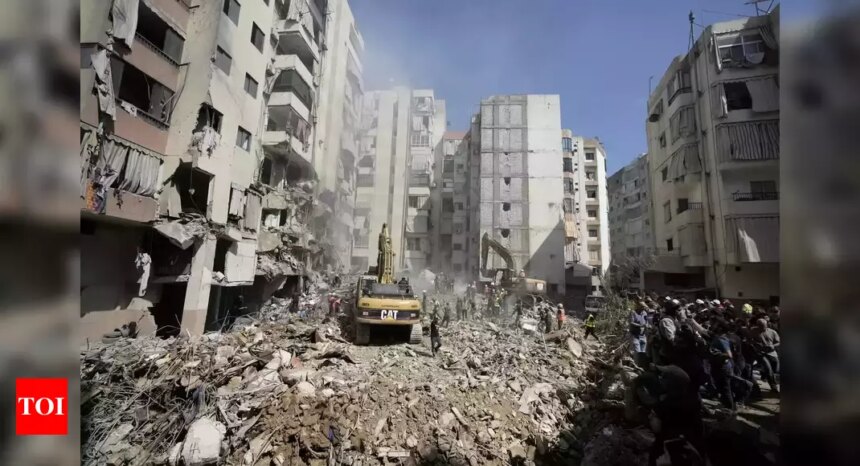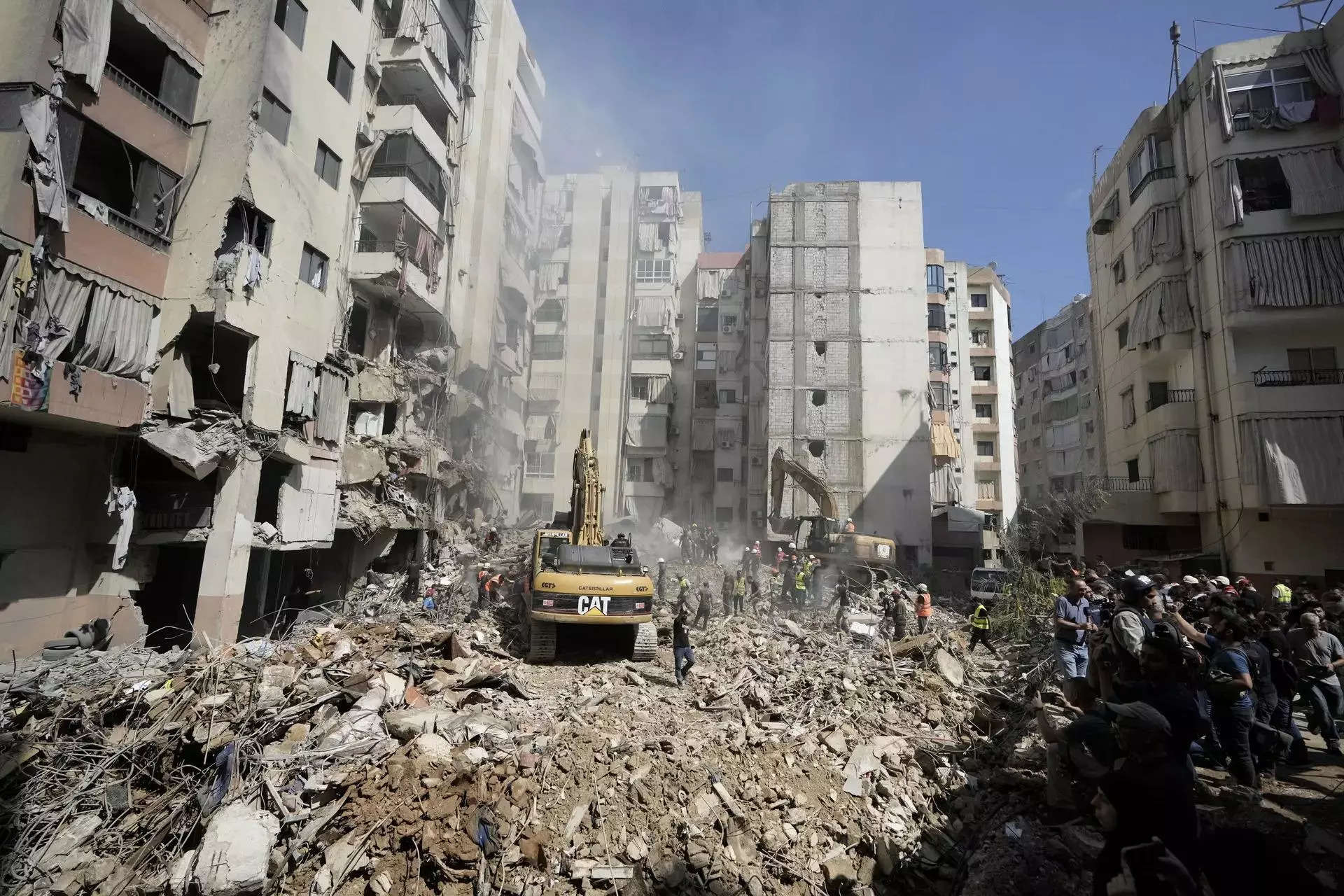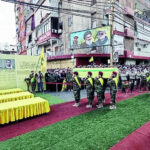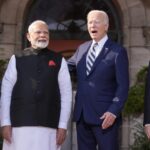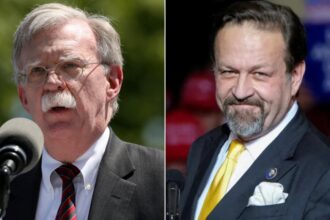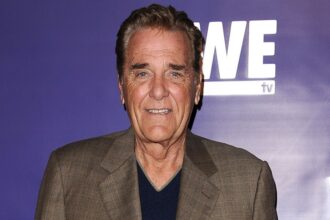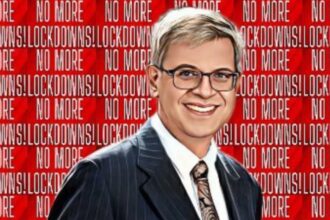Workers searched for survivors following an Israeli airstrike that killed at least 37 people in a suburb of the Lebanese capital, making it the deadliest attack in nearly a year of conflict between Israel and the powerful Iran-backed militant group.
Israel’s military confirmed that the strike targeted an underground gathering of Hezbollah commanders, including Aqil and leaders of the group’s elite Radwan forces.Among those killed were 16 Hezbollah members, including senior leader Ibrahim Aqil and commander Ahmed Wahbi.
The airstrike destroyed a multi-story residential building in a crowded Beirut suburb, damaging a nearby nursery. Lebanon’s health ministry reported that three children and seven women were among the victims.
The Israeli army stated the strike had severely weakened Hezbollah’s military chain of command and reported destroying around 180 Hezbollah targets, including rocket launchers.
Cross-border violence intensified on Saturday, as Israeli warplanes launched their heaviest bombardment in southern Lebanon in 11 months, while Hezbollah retaliated by targeting military sites in northern Israel.
This attack comes after two days of attacks earlier in the week, during which Israel allegedly targeted Hezbollah communications devices, killing 39 people and injuring over 3,000.
The growing violence has sparked diplomatic fallout, with Lebanese Prime Minister Najib Mikati cancelling his planned visit to the UN General Assembly.
In response to the situation, US National Security Adviser Jake Sullivan expressed concern about further escalation but also suggested that the killing of a top Hezbollah leader brought a measure of ‘justice to the group’ which the US considers a terrorist organization. Sullivan mentioned that while the risk of further conflict remains high, there is still a potential path to a ceasefire and a durable solution.
Hezbollah, however, has vowed to continue fighting until Israel agrees to a ceasefire in Gaza, a conflict that began after a Hamas-led attack on southern Israel earlier on October 7.
US officials have expressed doubt about an imminent ceasefire, as Israel is pushing for Hezbollah to withdraw from the border region, citing a 2006 UN resolution.
Meanwhile, Israel has heightened its security in northern regions, restricting gatherings and raising alerts, with concerns that Hezbollah could strike deeper into Israeli territory.
The death toll in Lebanon has now surpassed 70 this week alone, bringing the total number of casualties to more than 740 since the conflict reignited in October, making this the worst escalation between Israel and Hezbollah since their 2006 war.
Israel’s military confirmed that the strike targeted an underground gathering of Hezbollah commanders, including Aqil and leaders of the group’s elite Radwan forces.Among those killed were 16 Hezbollah members, including senior leader Ibrahim Aqil and commander Ahmed Wahbi.
The airstrike destroyed a multi-story residential building in a crowded Beirut suburb, damaging a nearby nursery. Lebanon’s health ministry reported that three children and seven women were among the victims.
The Israeli army stated the strike had severely weakened Hezbollah’s military chain of command and reported destroying around 180 Hezbollah targets, including rocket launchers.
Cross-border violence intensified on Saturday, as Israeli warplanes launched their heaviest bombardment in southern Lebanon in 11 months, while Hezbollah retaliated by targeting military sites in northern Israel.
This attack comes after two days of attacks earlier in the week, during which Israel allegedly targeted Hezbollah communications devices, killing 39 people and injuring over 3,000.
The growing violence has sparked diplomatic fallout, with Lebanese Prime Minister Najib Mikati cancelling his planned visit to the UN General Assembly.
In response to the situation, US National Security Adviser Jake Sullivan expressed concern about further escalation but also suggested that the killing of a top Hezbollah leader brought a measure of ‘justice to the group’ which the US considers a terrorist organization. Sullivan mentioned that while the risk of further conflict remains high, there is still a potential path to a ceasefire and a durable solution.
Hezbollah, however, has vowed to continue fighting until Israel agrees to a ceasefire in Gaza, a conflict that began after a Hamas-led attack on southern Israel earlier on October 7.
US officials have expressed doubt about an imminent ceasefire, as Israel is pushing for Hezbollah to withdraw from the border region, citing a 2006 UN resolution.
Meanwhile, Israel has heightened its security in northern regions, restricting gatherings and raising alerts, with concerns that Hezbollah could strike deeper into Israeli territory.
The death toll in Lebanon has now surpassed 70 this week alone, bringing the total number of casualties to more than 740 since the conflict reignited in October, making this the worst escalation between Israel and Hezbollah since their 2006 war.
Source : Times of India


